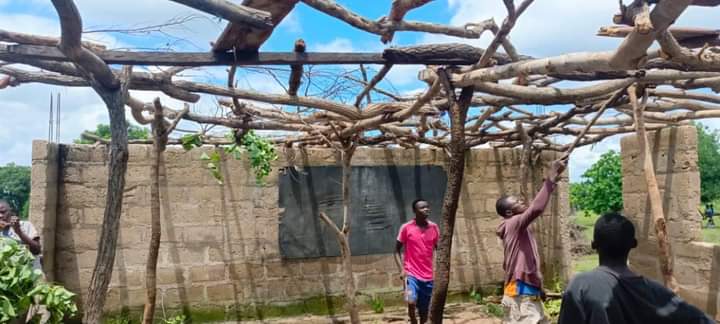- AI needs ‘global governance’, cannot be left to market, UN panel says
- Israeli military strikes Hezbollah as Nasrallah responds to wave of device blasts in Lebanon
- JetBlue to open airport lounges in New York and Boston in battle for big spenders
- From mortgages to auto loans, experts weigh in on when — or if — to refinance as interest rates fall
- August home sales drop more than expected, as prices set a new record
Who Won the U.S. Presidential Debate?

Study reveals that future climate change may reduce the Amazon rainforest's ability to act as a carbon sink
The Amazon, often called the "lungs of the planet," is the world's largest tropical forest, playing a crucial role in the global climate system due to its vast carbon storage. While it is typically warm and humid all year round, continued climate change poses the threat of more frequent and severe droughts and heat extremes.
A study published in Nature Communications delves into future projections of the Amazon carbon cycle, focusing specifically on the impacts driven by climate change.
Scientists use the latest generation of Earth system models from the Coupled Model Intercomparison Project, which contributed to the IPCC's Sixth Assessment Report.
In the study framework, the climate change impacts are isolated from other factors such as land-use changes, including deforestation, and the CO 2 fertilization effect on photosynthesis. An advanced technique known as Emergent Constraints that allows reducing uncertainties in future predictions using past observations is employed.
The study shows that future climate change may lead to hotter and drier conditions in the Amazon rainforest that reduces the Amazon carbon sink, in other words, carbon dioxide absorption by plants. The lead author, Dr. Irina Melnikova, a research associate at NIES, said that "this happens because global warming is accompanied by a phenomenon known as polar amplification—greater warming in polar regions compared to others."

- September 19, 2024
Classroom shed collapses on pupils at Sumborun, causing head injury

- September 19, 2024
Moving as one: Discovering how synchronous movements strengthen social bonds

- September 19, 2024
DNA origami and fluorescent probes can precisely release molecular cargo

- September 19, 2024
Football: WHO, FIFA launch global awareness campaign for brain injury

- September 19, 2024
National Best Cocoa Farmers advocate for enhanced value addition


- September 19, 2024
Global assessment: How to make climate adaptation a success

- September 19, 2024
Why petting your cat leads to static electricity




- September 19, 2024
How plants keep viruses from passing to their progeny
Subscribe to our mailing list to get the new updates!

Subscribe our newsletter to stay updated
Thank you for subscribing!


